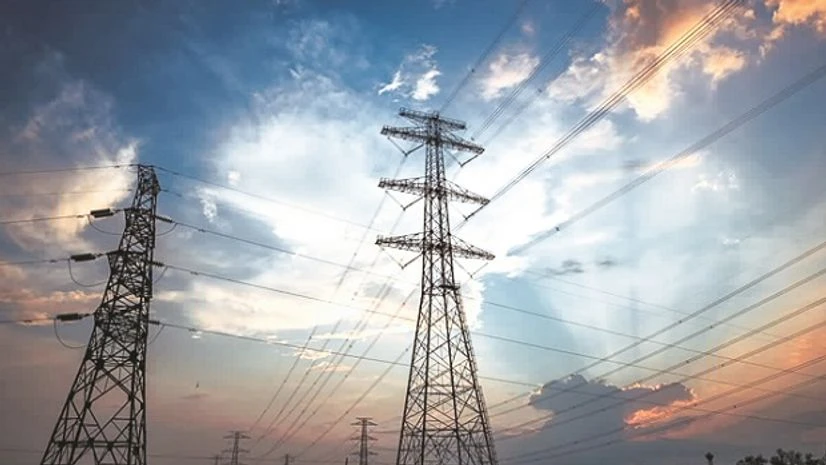Inadequate revision of rates alongwith delay in filing tariff petitions are likely to remain an area of concern in the financial year 2020 for distribution companies (Discoms), says a report.
Discoms have already managed to bring down its losses and debt levels significantly under the UDAY scheme.
According to the rating agency Icra, state distribution utilities in 17 of the 29 states have filed tariff petitions for FY20, reflecting less-than-satisfactory progress.
"The delay in filling of tariff petitions by the Discoms is a deviation from terms of the UDAY scheme, wherein they were required to file the plans in a timely manner so that the State Electricity Regulatory Commissions (SERCs) would issue the tariffs orders by March end," Icra said.
It further noted that tariff hikes proposed and approved for the past 2-3 years have remained lower than what was agreed under the UDAY, leading to persistent gap between average tariff and average cost of supply, though reducing from earlier years.
As per statistics, the median tariff hike for the Discoms at all India level has reduced from 8 percent for FY15 to 4 percent for FY16 and FY17 and further to 3 percent and one percent for FY18 and FY19, respectively.
More From This Section
"We expect the tariff hike to remain subdued for FY20 as well, given the limited or no tariffs hikes proposed by most of the discoms and in view of the upcoming Lok Sabha elections. This is likely to slow down the process of financial loss reduction which was initiated by the UDAY measure," Icra senior vice president Sabyasachi Majumdar said.
In terms of proposals for tariff hikes, the discoms in the states of Jharkhand, Karnataka and Uttarakhand have proposed sizeable tariff revisions in the range of 13.7-22.5 per cent, to meet the entire gap arising from true-up of previous years and the projected revenue requirement for FY20.
"However, discoms in several key states such as Andhra Pradesh, Assam, Bihar, Haryana, and Punjab have not proposed any tariff hike or proposed limited tariff hikes, despite having significant revenue gap projected in the tariff petition for FY20," ICRA said.
Along with the increase in the cost of power procurement, the revenue gap in these states can be attributed to unrecovered revenue gap from previous years.
"The unrecovered revenue gap in some of these states can be attributed to inadequate implementation of the fuel and power purchase cost adjustment framework, which would have enabled timely pass-through of variations in power purchase cost to the consumers," it said.

)
